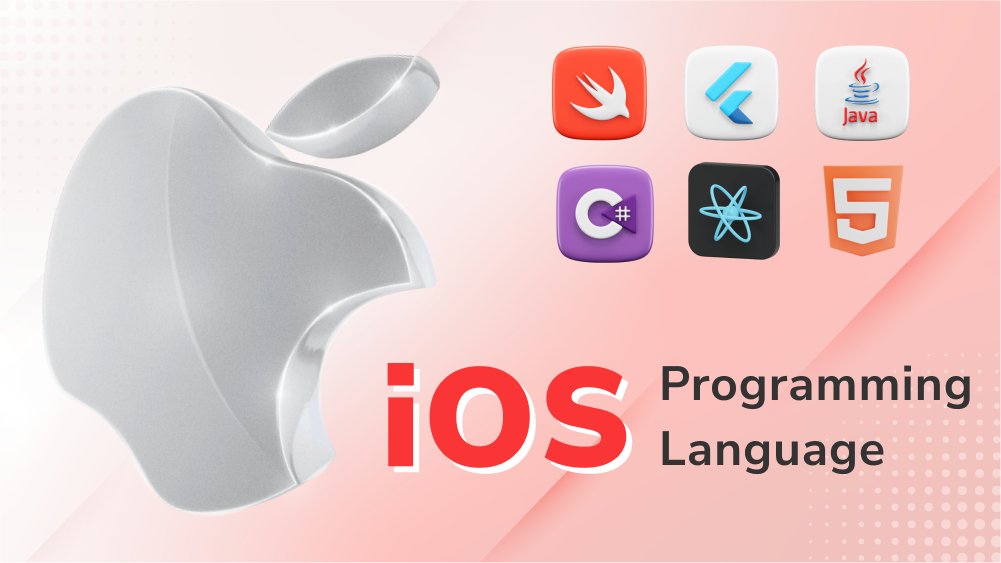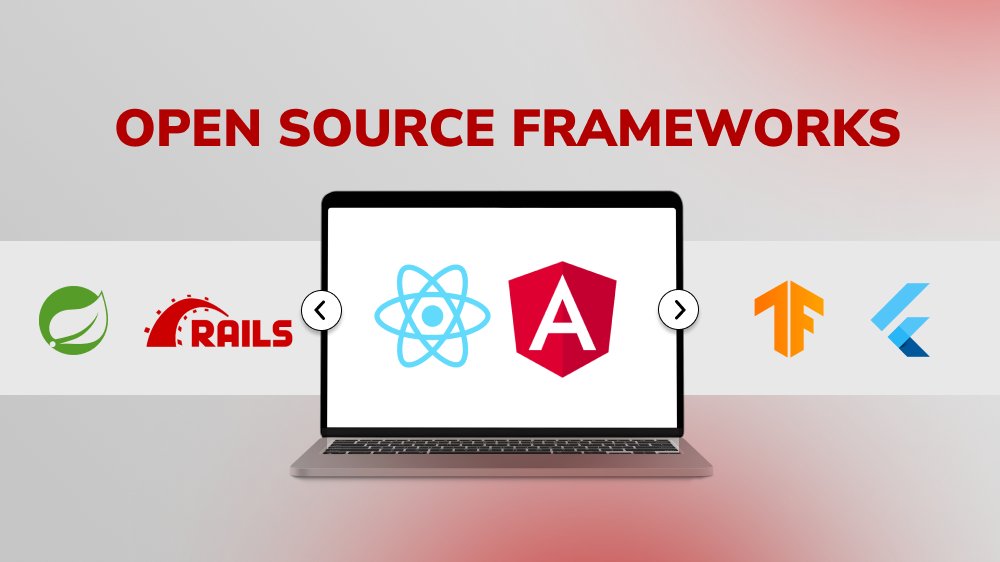
C# vs. C++: A Side-by-Side Comparison for Beginners
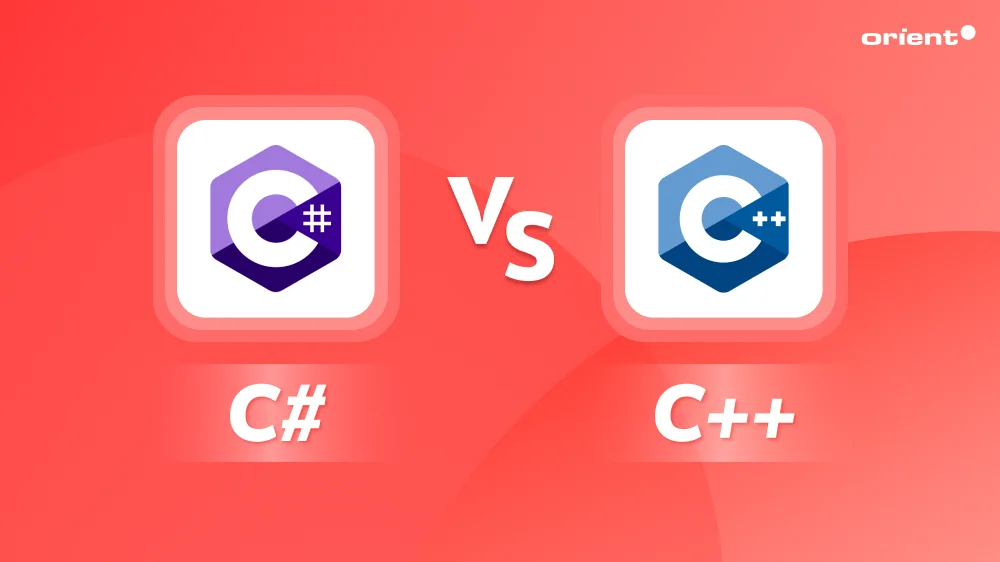
Content Map
More chaptersC# and C++ are two of the most widely-used programming languages, particularly for systems and application software. Both languages share a common C-based syntax but have diverged in their object-oriented capabilities and compilation models over time. For beginners and organizations adopting new technologies, deciding between C# and C++ can be challenging due to their different strengths and uses.
A thorough comparison of the languages’ major features and paradigms is helpful for identifying the best fit for particular needs. This article provides an objective side-by-side analysis of C# vs. C++ to aid in such evaluations. The goal is to equip readers with comprehensive knowledge of how C# and C++ compare, resolving common questions that arise when choosing between the two for new software development initiatives or educational purposes. Both languages continue evolving rapidly and remain impactful in industry.
Overview of C# and C++
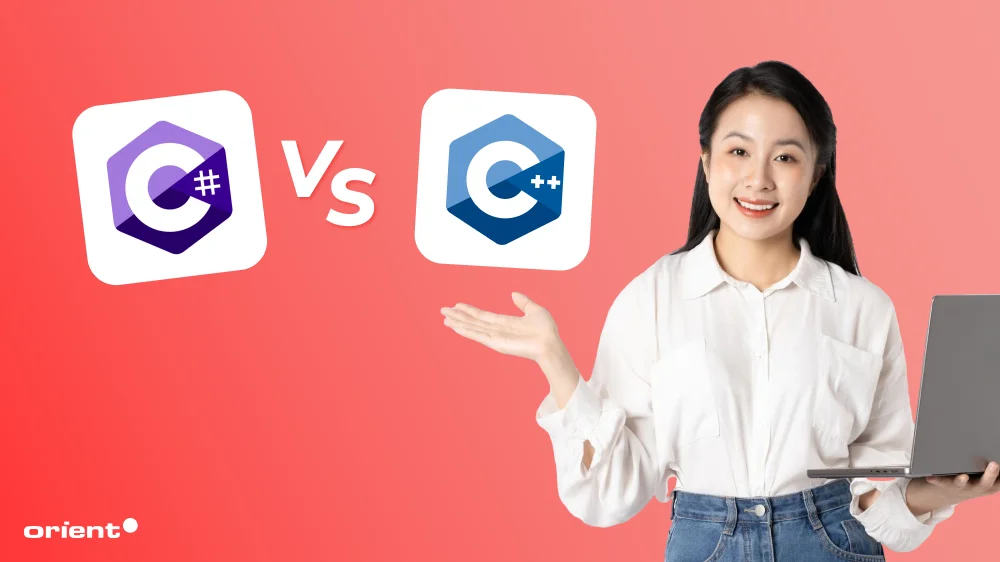
C#
C# (often pronounced C-sharp) was initially developed by Microsoft and was initially released in 2000 as part of the .NET initiative. The language was designed by Anders Hejlsberg, the designer of Turbo Pascal, who declared that he wanted to make a simple, modern, fully object-oriented language that could take all the advantages of the .NET framework. C# is mainly influenced by the syntax and crucial notions of other languages, particularly C and C++, and, to some extent, from Java and Delphi. As time passed, deeper alterations were made in C#, where new and better versions came with new characteristics, including such characteristics as generics, asynchronous programming, and pattern matching, among others. Therefore, it is a versatile language.
C++
C++ is an effective and high-level general-purpose programming language that was born in the early 1980s in Bell Laboratories by Bjarne Stroustrup. C++ evolved from the C programming language, extending the final result with features of an object-oriented programming language while retaining C’s velocity and low-level availability. The first published version of the C++ programming language was in the 1985 edition of the book, “The C++ Programming Language.” Since then, C++ has gone through many standards, with each one coming out with new improvements and additions, such as the use of templates, exceptions, and the standard template library (STL).
C# vs. C++: Syntax and Ease of Learning
C# Syntax
C# has been developed with the idea of being easy to learn and comprehend, and its syntax shares a lot of resemblance with Java. It utilizes a syntactical structure of the language that is much more compact and versatile than that of languages such as C.
- Basic syntax rules: In C#, curly braces are used to enclose a block of code, whereas semicolons are used to mark the end of a statement, and there are special words called keywords to decide what happens next. It supports a difficult type-checking system since all the variables must be initialized with a certain data type.
- Compilation: C# code is compiled into intermediate language code (IL), and they are interpreted and executed by the Common Language Runtime (CLR). It very much enables platform independence; you can compile the IL into the native code for the different operating systems.
C++ Syntax
C++ syntax is more complicated compared to C# mainly because of its low-level nature and to its compatibility to C language. It contains many features that are not present in C# such as pointers, templates and operator overloading.
- Basic syntax rules: Like C, C++ makes use of flash, semicolons, braces, and several numeric keywords. However, it also defines such concepts as classes, objects, or inheritance, which are not present in other types of programming languages.
- Compilation: C++ programs are normally compiled directly into the machine code of the specific operating systems on which the codes are developed. This can result in better performance but also requires more complex build processes.
Comparison
- Object-oriented features: C# and C++ are both part of the object-oriented programming languages. However, C# has a more rigorous object-oriented requirement in the sense that all code has to be engineered with respect to classes and objects. C++ supports both procedural and object-oriented programming.
- Syntax complexity: C# has straightforward syntax. C++ is more complex because of its low-level attributes and its compatibility with the C language.
- Ease of learning: C# can be noted to be easier for novices to learn since it is cleaner and incorporates modern features as compared to C++. However, C++ is more appropriate for users familiar with C or when the user needs to have more control over the API on the hardware level.
C# vs. C++: Performance and Efficiency
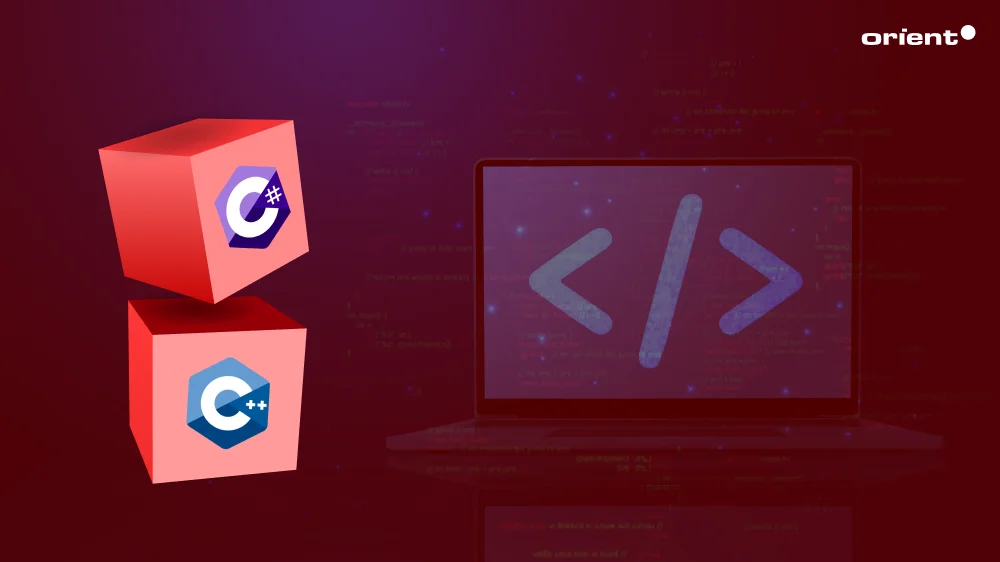
C# Performance
Memory management is done by the use of the garbage collection (GC) feature, which frees up memory that is no longer needed in C#. This feature relieves developers from some memory manipulation-related tasks and enables them to concentrate on the application’s logic. The .NET runtime has an interval checking for objects that are no longer in use, and the memory space occupied by such objects gets released. This approach eliminates many problems, including memory leaks and other issues that arise from manual memory management, while it has some drawbacks, which include a little overhead each time the garbage collector runs, thus making the application freeze for a while.
C#, in terms of execution speed, generally performs well, given the fact that such applications were developed within the .NET ecosystem. The Just-In-Time (JIT) compilation used by the CLR enables C# code to be compiled into machine code at runtime, optimizing performance based on the current execution environment. Nevertheless, this JIT compilation can create an issue of latency during the first run of the particular application. However, once the code is compiled, execution is efficient, and many C# applications can prove to be as effective as the applications developed using lower-level languages for business and web development.
C++ Performance
C++ offers developers direct control over memory management and de-allocation using operators such as ‘new’ and ‘delete.’ This level of control can mean repeatedly optimized memory utilization, thus easily allowing the programmer to tweak things according to application characteristics. However, managing memory manually is often a complicated task since one needs to understand memory management, and mistakes lead to such problems as memory leaks, dangling pointers, and many other types of defects that are hard-to-debug errors. C++ developers must implement proper practices to ensure efficient memory usage, making it a double-edged sword.
C++ is famous for its speed of execution, which is known as one of the fastest among programming languages due to the absence of runtime overhead and low-level features. C++ programs are compiled directly into machine code to provide efficiency and conformance. This efficiency is especially valuable in performance-critical applications like game development, real-time software systems, and trading platforms where each millisecond of response time can make a huge difference. C++ is widely employed in computer science research and the development of algorithms and data structures that have to perform efficiently.
Comparison
When analyzing the performance of C# and C++, some factors arise, especially when considering real-world performance scenarios. C++ typically outperforms C# in situations that require high-speed execution and fine-tuned resource management, such as gaming engines, graphics applications, and systems-level programming. The ability to manually manage memory and optimize every aspect of the execution allows C++ applications to achieve peak performance.
On the other hand, C# performs best when the concern for speed of development and maintainability of code is given priority. Even while not achieving the same level of raw performance as C++ applications, web services, enterprise applications, and even desktop software reap the benefits of C#’s ease of use and rich libraries. The trade-off between the two languages often hinges on the specific requirements of the project: C++ is popular for building performance-critical applications, while C# is favored for rapid development cycles and ease of maintenance.
C# vs. C++: Development Environment and Tools
C# Development Tools
The main development environment for C# is Visual Studio, which was developed by Microsoft. Visual Studio’s strengths lie in the tools offered that can be used by a novice coder or a well-seasoned programmer. It has useful tools like IntelliSense that gives suggestions and autocompletion of codes and a best-in-class debugger that aids in the identification of errors and their rectification. In addition to source control functionality, Visual Studio also supports many extensions, which allow you to create individual workspaces, making it a versatile choice for developers working on web and desktop applications.
Microsoft’s Visual Studio environment contains comprehensive debug facilities that include breakpoints, examination, and navigation of variables, or any CPU or instruction execution to isolate and solve problems. The IDE also supports different testing frameworks, including MSTest, NUnit, and xUnit, to facilitate the writing of unit tests and running the tests within the IDE environment. They are critical for maintaining code quality and reliability and are necessary for increasingly sophisticated applications.
C++ Development Tools
C++ development is supported by a variety of IDEs, and Visual Studio plays a large part in it. The Visual Studio IDE has a lot of features that enhance programming for C++, and some of these features include IntelliSense, a debugger, and support for team development. Notably, it also provides support for such features as virtual functions, multiple inheritance, and derived classes that make it ideal for both the beginning and the professional C++ developer.
Another widely used IDE for C++ development is Code::Blocks, which is an open source and cross-platform IDE and is highly customizable. Code::Blocks supports multiple compilers such as GCC and Clang, and has features like syntax highlighting, code folding, and comes with a built-in debugger. It is especially used by developers who wish to work in a lightweight and more flexible development framework.
C++ developers have access to a range of debugging tools, including the built-in debugger in Visual Studio and the GNU Debugger (GDB) used with Code::Blocks. These tools allow developers to set breakpoints, inspect memory, and analyze the execution flow of their programs. For testing, frameworks like Google Test and Boost Test are commonly used to write and run unit tests, ensuring that code behaves as expected.
Comparison
Configuring the development environment for C# is generally straightforward, especially when using Visual Studio. The IDE has a smooth installation process, and the tools and libraries for C# development are preset in the IDE.
On the other hand, the development environment of C++ can be a bit complicated. While Visual Studio simplifies the process by bundling compilers and tools, other IDEs like Code::Blocks may need further configuration in order to interface with compilers and debuggers. Though the establishment of these environments offers great strengths for C++ development.
Choosing the Right Language: A Note from Orient Software
As you’ve explored the differences between C# and C++, it’s important to consider your specific project requirements and personal preferences. Both languages offer unique advantages, and the best choice for you will depend on your goals and the nature of your project.
Orient Software offers a team of the programming language experts who will provide you with the necessary assistance and advise on which method is the best for your project and how to efficiently use both C# and C++. Our team can support decisions regarding language choice, project timeline, and general tips on development.
Feel free to contact us and share more details about your project so we can identify the language that is most suitable for you.



